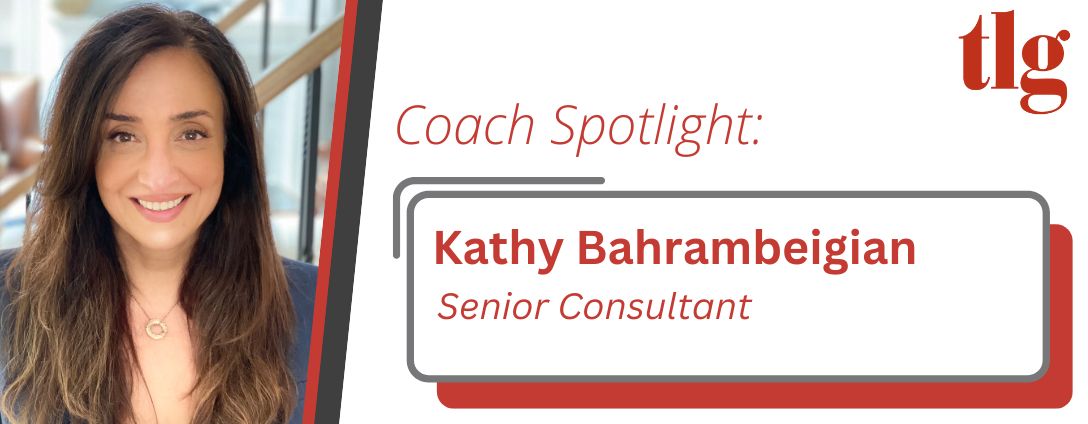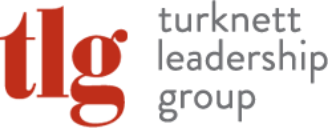
By TLG
Kathy Bahrambeigian brings a unique blend of experience as a Human Resources leader and Industrial-Organizational Psychologist, spanning over two decades. Throughout her career, Kathy has led major transformations at the organizations she’s led and worked with. Following a successful corporate career, Kathy is now dedicated to advising and consulting clients on the Employee Experience and helping to optimize the way work gets done while driving performance. We recently interviewed Kathy to learn more about her exciting background in HR and psychology and how she is helping clients today.
Q: At a time when it seems organizations are rolling back their focus on Diversity, Equity, Inclusion, and Belonging (DEIB) initiatives, why is it more important than ever for organizations to actually invest in DEIB today?
While DEIB initiatives can be complex, the critical need for organizations to have diverse, equitable, and inclusive workforces remains. Beyond the social impact of the risk of being “cancelled” in the public domains/consumers, there is a huge negative impact on attracting, engaging, and retaining talent. Furthermore, by fostering a diverse and inclusive culture, organizations can benefit from a range of perspectives and experiences, leading to more innovation, and fresh approaches to problem-solving.
Q: In your experience coaching, how have you helped clients navigate some of the DEI challenges they are facing in their company?
Through an analytical assessment using multiple data points such as workplace complaints, employee relation data, attrition rate, and culture surveys, I helped clients understand how employees experience various touch points in the employee life cycle to create an integrated solution to close gaps and metrics to measure interventions. I also actively directed management and leadership on how they should embed DEIB efforts throughout all practices and positioned it not as “what” they do, but as “how” they do it.
Q: What were some of the biggest challenges you faced as an HR professional during the COVID-19 pandemic? How did you manage through them?
One of the greatest challenges included minimizing workplace conflict and increasing safety. I led the discussions and decisions when it came to policies, business continuity, employee safety, and workplace disruptions. These discussions ranged from establishing ad-hoc guidelines for management and HR to address workplace conduct to directing leadership on when to speak up and what to say regarding the issues.
Managing the implications of the hybrid/remote workforce was another challenge. I played a key role in planning and designing an effective hybrid/remote workforce by focusing on reshaping culture and equipping leaders to manage in this environment more effectively. These included: managing performance through outcomes, impact, and ownership and awareness and mitigation of proximity biases.
Q: How does your deep experience in Human Resources and Industrial-Organizational Psychology impact your coaching with clients, and what advantages has it lent you?
My comprehensive understanding of the employee life cycle, including creating/implementing practices throughout the cycle, leveraging on the interdependency of all HR functions, coupled with data literacy and the ability to direct leadership on how to humanize the practices, has given me a unique opportunity to engage in effective problem-solving with clients and provide recommendations that will drive business results through better employee practices and experience. The biggest advantage for me is to have been able to identify and address root causes of people issues in organizations rather than merely treating symptoms.
Q: What are some major HR trends today, and how can leadership development address them?
Leadership development is key for managing talent, considering global skills shortages, demographic shifts, generative AI, and flatlined productivity. A lack of timely and intentional succession planning and leadership development can create bottlenecks in productions due to a lack of availability/ready talent, resulting in financial losses.
In 2024, DEIB will become more embedded in the way we work, although for many, DEIB still operates in a silo and suffers from a lack of accountability and ownership from leaders. Companies and their leaders will need to pivot to embed DEIB throughout the organization.
Employee engagement seems to be at an all-time low due to disruptive forces (post-COVID, multiple generations, technology) impacting employees’ expectations for how they want to work. Leadership development is a key factor when you think about employee engagement and the importance of creating a culture that attracts and retains talent.
With the growth in automation, there should be an expectation for managers to be more engaged as effective leaders who safeguard the conditions that drive performance in the long term and incorporate that into goal setting, coaching, evaluation, reward, and recognition.
Q: How did you develop your passion for coaching others? What do you enjoy most about coaching?
I enjoy the process of coaching clients at both individual and group levels to create a culture of performance excellence through a customized approach, as today’s leaders face complex and ever-evolving challenges more than ever. I also enjoy helping professionals find clarity and purpose and unleash their full potential for leading organizations, others, and themselves.

